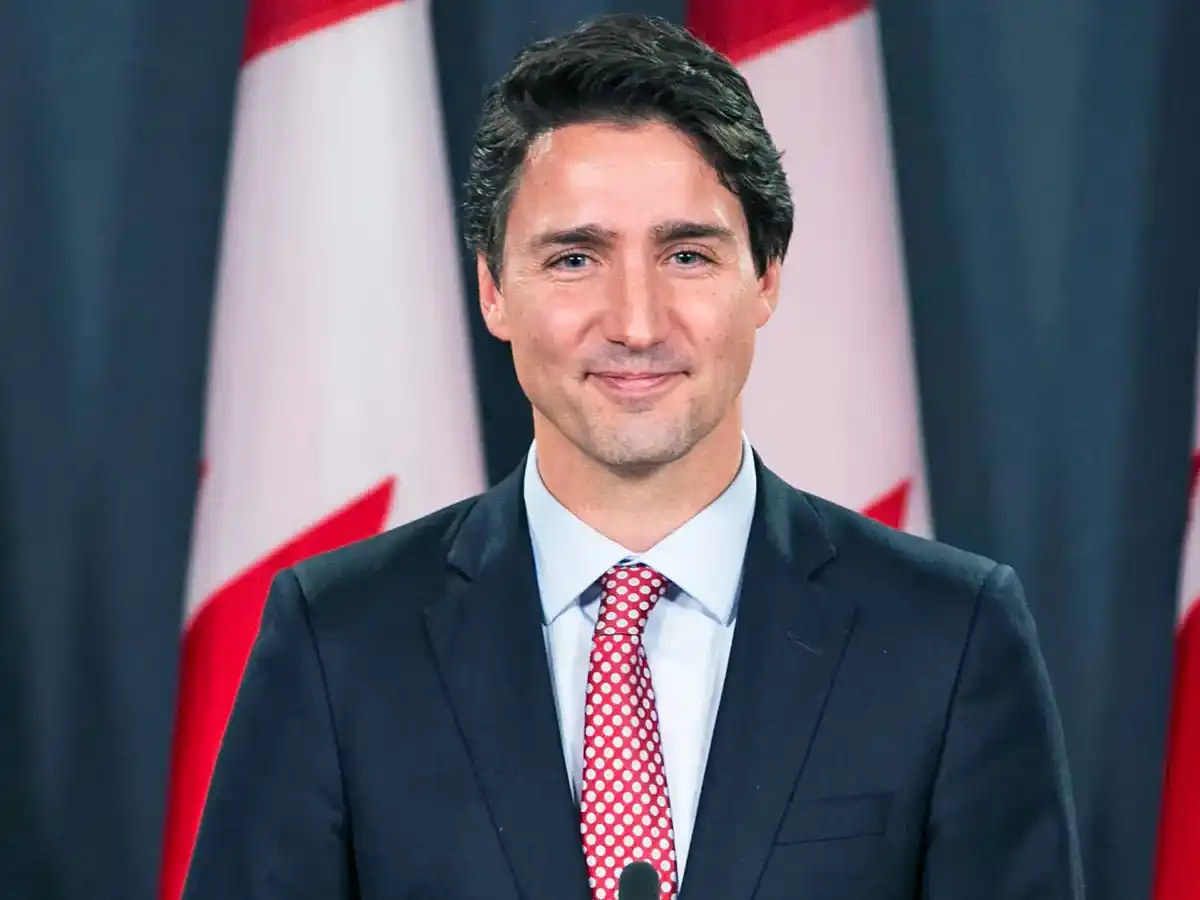The challenges facing Canadian Prime Minister Justin Trudeau are steadily growing. Some of the liberal MPs have defied him. The Canadian PM is facing escalating pressure to step down. Internal political turmoil poses a greater danger to him than stepping down. Experts think that maintaining a passive approach towards Khalistani separatism could result in his country’s situation becoming as perilous as Pakistan’s.
Pakistan’s backing of terrorist organizations has caused its downfall, as witnessed by the world. Numerous specialists are cautioning that Canada may also embark on a comparable perilous trajectory. Pakistan provided backing for terrorist groups such as Lashkar-e-Taiba and the Taliban. Pakistan attempted to secure a strategic edge in both India and Afghanistan through this action. Nevertheless, the groups grew so strong that controlling them became challenging. Now they are opposed to the government over there.
As per a report by the Times of India, while serving as the US Secretary of State, Hillary Clinton cautioned Pakistan by stating, “You can’t raise snakes in your own yard and hope they only harm your neighbor.” Canada today could face similar consequences if it ignores the actions of the Khalistani movement.
Justin Trudeau’s way of handling the situation might appear to be politically advantageous. His minority government has been supported by his party’s partnership with Jagmeet Singh’s New Democratic Party, enabling him to secure confidence votes in Parliament. Despite being a relatively small community in Canada, the Sikh population holds political sway due to their concentration in specific areas.
India has consistently expressed worry about Canada being a center for Sikh extremist activity away from India. Trudeau has faced allegations of letting anti-India separatist actions grow in order to benefit politically. This has caused tension in the relationship between the two nations. The two countries’ diplomatic relations have hit an all-time low. To add to the problem, Justin Trudeau has confessed during a public inquiry that he lacked solid proof when he accused India.
Canada has seen the expansion of a robust network that covers activities such as drug smuggling and money laundering. Canadian officials first learned about these actions in the 1990s after drug dealers linked to Khalistani groups were killed. In 2023, Canadian journalists of Indian descent experienced violent attacks for opposing Khalistanis. However, Justin Trudeau’s administration chose not to take any measures.
Government officials once acknowledged the seriousness of Khalistani militancy by including it in their yearly public terrorism reports. However, the removal of those references is said to be a result of pressure from the influential Sikh lobby.
Just like Pakistan is currently facing the repercussions of its leniency towards extremist organizations, Canada may also encounter a comparable scenario. If Canada does not quickly change its policies, it could become similar to Pakistan. The Canadian government’s support is empowering Khalistanis, who may soon launch violent attacks in Canada. Indo-Canadian citizens, such as journalists and businessmen, are already facing targeting in that area. They are under threat.

